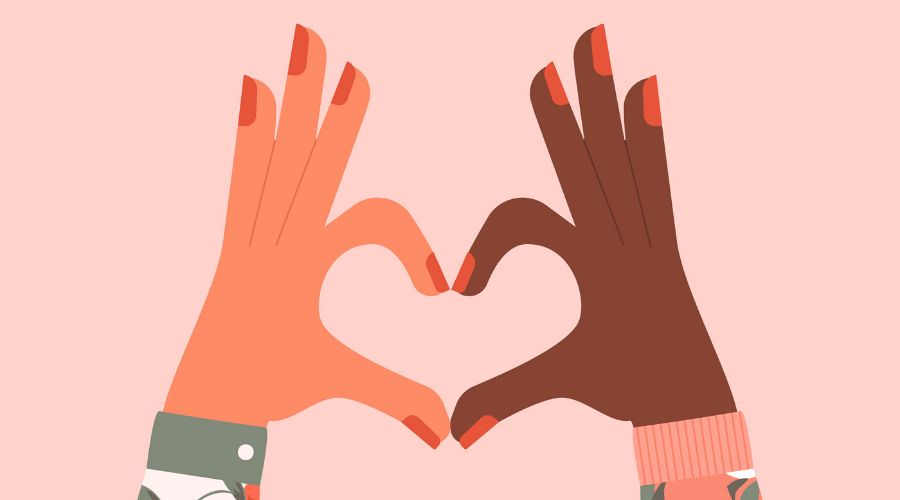How to be an ally

For many autistic people, autism is a very important part of their identity. But alongside autism they may have other important identities, like race, heritage and ethnicity.
Even if somebody doesn’t understand what it’s like to be discriminated against because of how they look, sound or dress, they can still support the anti-racist cause. This is called being an ally.
Not all young autistic people might want to go to protests or be overtly anti-racist on social media, but there are lots of different ways everyone can take to be an ally.
Being an ally means learning about and standing up for issues even though they might not directly affect you. If you have not experienced racism before, this is a privilege. Unfortunately, lots of people do experience being discriminated against because of their skin colour. If you are in a position where you haven’t experienced racism, you can use your platform to learn about, raise awareness and support anti-racism.
Some people who haven’t experience racism might feel pain and frustration that the conversation about anti-racism isn’t about their own struggles. However, it is important to know that conversations about being anti-racist do not detract from anyone else’s suffering.
Lots of people are worried they might say or do the wrong thing. As an ally, there is lots to learn and, in some cases, unlearn. All people, especially allies need to know that it’s natural and okay to make mistakes. Change doesn’t happen immediately. Everyone can be proactive, choose to learn about their mistake and concentrate on getting it right next time.
Here are some examples of how you can be an anti-racism ally.
- Be open and listen
- Be proactive about inclusion in your daily life
- Start and encourage conversations about equality and justice
- Confront your own unconscious racial bias and be open to being corrected
- Learn more about the history of the struggle that you are supporting
- Figure out how you can best change systems in society that are oppressive
- Share the voices of the people you are supporting - both online and in person
- Learn how to listen and accept criticism even if its uncomfortable
What not to do:
- Don’t tell, laugh or encourage racist jokes
- Don’t try to compare your own struggles if you have not experienced racism before
- Don’t behave as though you know best for the people who are experiencing discrimination
- Don’t assume every member of a minority group feels oppressed
Together there are lots of ways everyone can support anti-racism and work towards a fairer and more equal society.
Questions to consider that can help you understand being an ally: Do you consider yourself an ally to anti-racism? Can you think of ways to help others to become an ally to anti-racism? Do you have a proud moment where being an ally contributed to ending racism?

